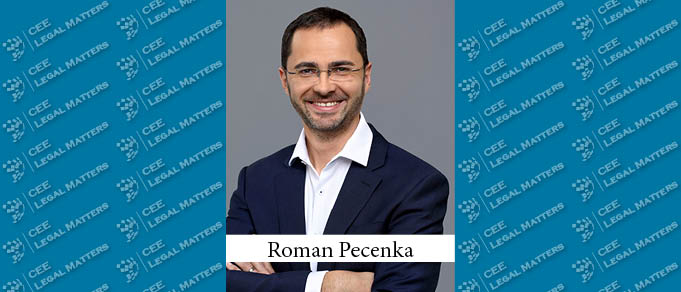The Times They Are a-Changin’ – such a description is more than appropriate for the municipality-developer relationship in recent months in the Czech Republic. The adoption of a new construction code promises to bring fresh wind into development projects and improve the relationships between these two major players. This is most likely to happen thanks to the re-introduction of the so-called planning agreements into the Czech legal environment. Although already recognized and used in the past, this new instrument is getting more and more noticed by Czech municipalities, most of all by the City of Prague, which, on January 27, 2022, adopted the brand-new Guidelines on the Investor Participation in Urban Development, the application of which is done through planning agreements.
Planning Agreements in a Nutshell
In general, planning agreements are going to be a mixture of private- and public-law contracts which would have to be taken over by a building authority issuing the building permit. Their purpose is to give effect to the conditions negotiated between the municipality and the developer with respect to a new construction project on its territory. The municipality, which should play the key role in the conception of its territory, agrees to permit the execution of a specific construction project and to provide all cooperation in the extent of the agreed terms and conditions of the planning agreement (including, for example, changes of the zoning plan if needed). As long as the planning agreement is in place and fulfilled, the municipality should refrain from obstructing the project, lodging appeals, or asking for reviews, as has often been the case.
The developer, on the other hand, is forced to take into account the municipality’s legitimate requirements in order to mitigate the negative impacts of the project and contribute to the overall improvement of the affected territory, i.e., not to focus on its own project only. As a result, a properly negotiated and drafted planning agreement contributes a great deal to the overall stability and predictability of construction projects.
Guidelines and Their Benefits
So far, there has been a great diversity in the forms and content of planning agreements. Their status has not been clear, municipalities were not properly trained, and, for example, financial contributions were challenged in court. That brings us back to the guidelines, which, although not binding, would most likely serve as a benchmark and inspiration for other municipalities in the Czech Republic.
The guidelines are the first document of its kind drafted in such detail, created in cooperation with developers. Therefore, they are balanced and acceptable to both parties. You can see this particularly clearly in how the guidelines deal with the developers’ contributions to the municipality.
First of all, the guidelines introduce a comprehensible formula for calculating the financial contribution, which is based on the gross floor area of the project. If the performance of the project is made subject to a prior change of the zoning plan, the formula contains factors that favor constructions in brownfields over constructions in sub-urban greenfield areas – this is also fully in line with the goal of the Municipality of Prague to prioritize ESG-compliant projects.
Secondly, the guidelines present a broad range of non-financial contributions which should be acceptable to municipalities in lieu of or in addition to financial contributions. It contains, in particular: (1) community constructions, that can be used in order to improve/refurbish public infrastructure as well as to construct municipal flats, and (2) subsidized housing, in which case the developer undertakes to give a discount on rent for a specified period of time. It is worth mentioning that there was a great shortage of subsidized housing in Prague as well as in other large cities in the Czech Republic, and these contributions might be of great help.
Last but not least, the financial contributions, as well as non-financial ones, are to be used only for the intended purpose (i.e., community welfare) and in the area affected by the particular project. This will contribute to the mitigation of any potential negative impacts of the construction project.
To conclude, we believe that the guidelines are a good step ahead in creating a stable and foreseeable business environment in the development market. Planning agreements made under the guidelines have a huge potential to unplug the so-much-expected construction activity and make the cities better places to live.
By Roman Pecenka, Partner, PRK Partners
This Article was originally published in Issue 9.6 of the CEE Legal Matters Magazine. If you would like to receive a hard copy of the magazine, you can subscribe here.



